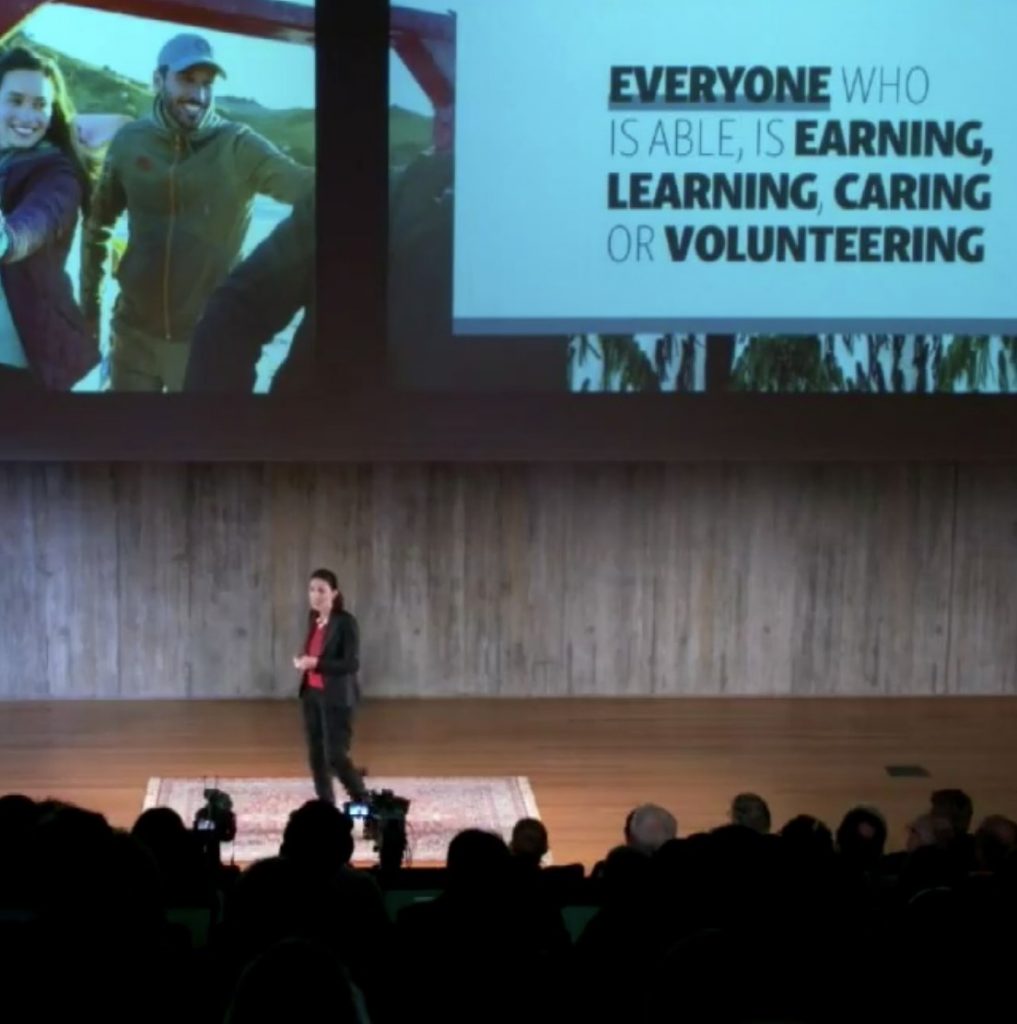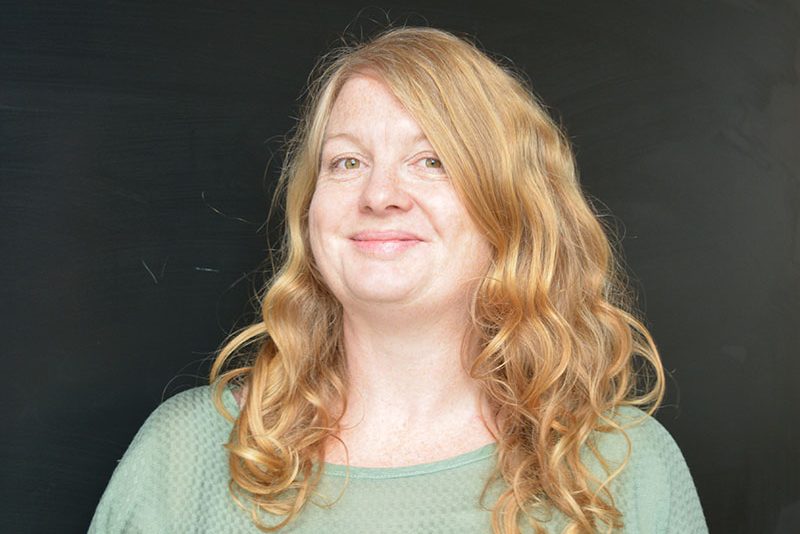Studies reveal volunteering data gaps in Pacific communities
Volunteers make a significant contribution to New Zealand communities in various activities from sports, recreation, arts, culture, and heritage to emergency and social services, health, education, conservation, and environment[1]. Traditionally, (formal) volunteering was recognised as activities only coordinated through an organisation. However, informal volunteering is increasingly recognised in the volunteering landscape.
Informal volunteering is defined as unpaid, voluntary work that is not coordinated by an organisation or institution; it occurs directly between individuals and communities. Helping individuals living outside one’s household, informal political participation, informal religious activity, and membership in informal mutual assistance groups are several examples of informal volunteering[2]. When both formal and informal volunteering are included, nearly 50 percent of New Zealanders regularly contribute time and labour to their communities[3].
Besides informal volunteering, community-based, episodic, and spontaneous volunteering is also increasingly recognised. These activities include unpaid work done for one’s own household or other households, irregular and short-term activities that have time boundaries[4].
Measuring informal volunteering
Informal volunteering in the form of helping others, without being mediated by an organisation, is the most common type of human-helping behaviour which has not been studied. Informal volunteering is harder to measure, as people may not always identify or define helping others as volunteering. The limited available research indicates that psychological motives for informal volunteering are similar to those for formal volunteering, with the exception of income and socio-economic status not influencing informal volunteering[5]. The United Nations’ 2022 State of the World’s Volunteerism Report highlights the importance of informal volunteering with 14.3% participation globally compared to 6.5% participation in formal volunteering via an organisation or association[6].
Informal volunteering has positive effects on society and contributes to social capital[7]. Governments and non-profit organisations are increasingly realising the importance of social capital in community development and existing informal support networks are increasingly playing significant roles in development projects. However, very little is known about the contribution of informal volunteering, and there is no consensus on how to define and measure it.
Impact of COVID-19
During the COVID-19 pandemic, informal, spontaneous, people-to-people volunteering has endured. Communities have continued to respond to the crisis in significant ways, despite limited mobility and resources. While the need for volunteers has increased, pandemic-related challenges have reduced volunteer engagement in many countries. Some volunteer groups have changed their approach as the crisis has evolved. People in communities are already responding to the impacts of COVID-19 through informal, local mutual aid groups to support one another at this time[8]. Help could involve activities from delivering groceries, running errands to the shops, and making welfare phone calls to provide a friendly voice of reassurance.
It is important to point out that the concept of unpaid work and volunteering are not culturally universal. The International Federation of Red Cross and Red Crescent Societies (IFRC) notes differences in conceptual understandings between Western concepts of formal volunteering (conducted within an organisation or formal setting) and local, Indigenous, non-Western, culturally distinct notions of informal volunteering (practiced independently from organisations as expressions of community, cultural participation and humanitarian conscience)[9]. This is another reason for informal volunteering being harder to measure than formal volunteering.
Unpaid work and volunteering in Pacific communities
The Western definition and scope of ‘volunteering’ and decisions around the measurement of ‘unpaid work’ more generally do not apply to Pacific communities in Aotearoa New Zealand. The available administrative and survey data ‒ collected and held by Statistics New Zealand, for instance ‒ do not capture broad aspects of unpaid work in these communities. On top of the general lack of data, very little research has been conducted on Pacific peoples’ perspectives about and participation in unpaid work and volunteering; there is a significant data gap[10].
In one of the very few available studies, in 2021 the Ministry for Pacific Peoples explored the concept of volunteering and unpaid work for Pacific people. This research indicated very high engagement of Pacific peoples in unpaid work; 97% of Pacific peoples spend an average of 33 hours per week per person on unpaid work and volunteering.
The concept of volunteering was found to be embedded in the Pacific culture, and love was the primary reason for Pacific people to participate in unpaid work and volunteering activities. Pacific people believed that participation in unpaid and voluntary work was part of their hospitality across the community[11]. The findings also indicated participating in unpaid work and volunteering helped Pacific people to fulfil cyclical and relational connections to ancestors, present relationships, and for future generations. Unpaid work and volunteering were described as a sense of responsibility and humility to help the community without the expectation of anything in return.
This study also revealed that for Pacific people, participation in unpaid work and volunteering is a blessing, is driven by faith and spirituality, and is performed with grace and gratitude. A broad range of motivations were discovered for engaging in unpaid work by Pacific people; for instance, personal roles (Turanga), and community roles (Piri’anga), professional roles, performing household chores and domestic duties, passing on cultural knowledge, looking after the wellbeing of others, sharing resources, caregiving, and providing financial assistance. The findings also revealed that the Pacific community was able to quickly move community, church, and social events to online platforms to stay connected after the COVID-19 pandemic[12].
Gaps in official data
The findings of the Ministry for Pacific Peoples’ study and Volunteering New Zealand’s environmental scans illustrate the data on unpaid work and volunteering in Aotearoa New Zealand is not capturing the contribution of different communities including the Pacific community. While official data only measures unpaid activities using time spent, ethnic communities ‒ such as Pacific peoples ‒ have different ways of providing their communities with time, logistical resources, and financial resources. This contribution is currently not being measured and accounted for; further studies are required.
Footnotes
[1] Jo Goodhew, Volunteer Sector worth billions to New Zealand, Volunteer Sector worth billions to New Zealand | Beehive.govt.nz
[2] Einolf, Christopher, Lionel Prouteau, Tamara Nezhina, and Aigerim R. Ibrayeva. Informal, unorganized volunteering. In The Palgrave handbook of volunteering, civic participation, and non-profit associations, pp. 223-241. Palgrave Macmillan, London, 2016.
[3] State of Volunteering 2020, https://www.volunteeringnz.org.nz/wp-content/uploads/F_SOV-Report2020_Single-Pages_1July.pdf
[4] Melanie Randle & Samantha Reis, Episodic Volunteering: A rapid literature review https://www.volunteering.nsw.gov.au/__data/assets/pdf_file/0004/662629/Episodic-volunteering-A-rapid-literature-review.pdf
[5] Einolf, Christopher, Lionel Prouteau, Tamara Nezhina, and Aigerim R. Ibrayeva. Informal, unorganized volunteering.
[6] 2022 State of the World’s Volunteerism Report, Building Equal and Inclusive Societies, https://swvr2022.unv.org/wp-content/uploads/2021/11/UNV_SWVR_2022.pdf
[7] Einolf, Christopher, Lionel Prouteau, Tamara Nezhina, and Aigerim R. Ibrayeva. Informal, unorganized volunteering.
[8] 2022 State of the World’s Volunteerism Report
[9] IFRC (2015). Global Review on Volunteering Report. Geneva: IFRC. Retrieved from: https://www.icnl.org/wp-content/uploads/Global-Review-on-Volunteering-Report_EN.pdf
[10] Su’a Thomsen, Jaz Tavita, (2018). A Pacific Perspective on the Living Standards Framework and Wellbeing. New Zealand Treasury Discussion Papers 18/09. Retrieved from: https://www.treasury.govt.nz/publications/dp/dp-18-09
[11] Pacific Economy Research Report on Unpaid Work and Volunteering in Aotearoa, https://www.mpp.govt.nz/assets/Reports/Pacific-Economy-Research-Report-on-Unpaid-Work-and-Volunteering-in-Aotearoa.pdf
[12] Ibid.





About The Author: Margaret McLachlan
More posts by Margaret McLachlan